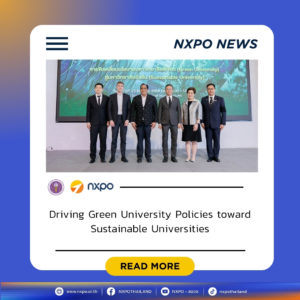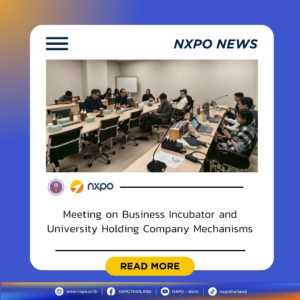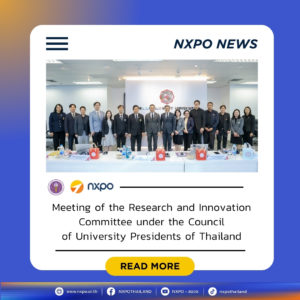On 27 October 2025, Dr. Surachai Sathitkunarat, President of NXPO, participated virtually in the OECD–UK Workshop titled “Is Technology Horizon Scanning for You? Showcasing How Horizon Scanning Is Used in Emerging Technology Policy.” He was joined by representatives from the International Policy Partnership Division and the Strategic Foresight and Futures Studies Division.
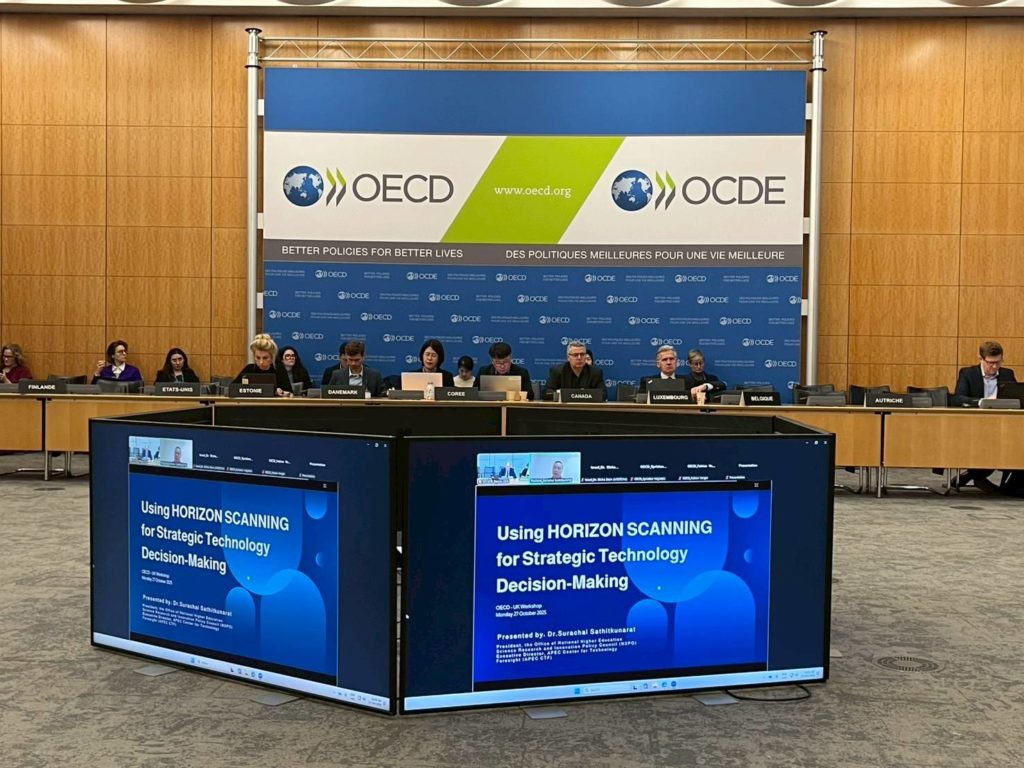
During the Opening Session, Introduction to Horizon Scanning and Its Use in Policy, Dr. Surachai presented Thailand’s approach to applying horizon scanning to support strategic decision-making on climate change under the Technology Needs Assessment (TNA) Phase V (2025–2027).
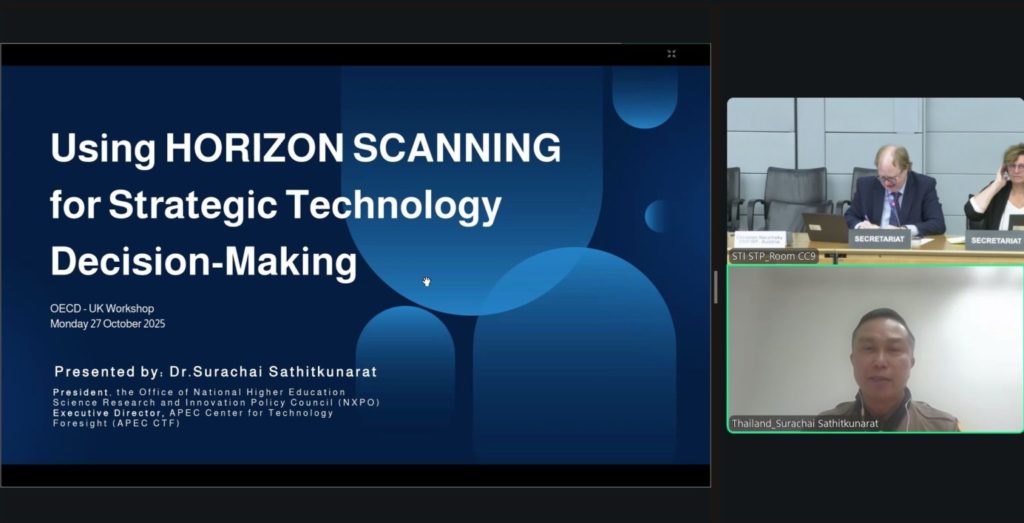
His presentation highlighted Thailand’s efforts to identify signals of emerging technologies, policy trends, and market developments—both domestically and internationally—to anticipate global shifts and avoid technological lock-ins. Horizon scanning has reshaped the technology prioritization in the TNA process, shifting focus from standalone systems to integrated solutions such as smart grids and water–energy systems. It also informs optimal investment timing, encourages stakeholder engagement in high-risk sectors, and promotes alignment with national and international policy frameworks. NXPO, through the APEC Center for Technology Foresight (APEC CTF), applies horizon scanning tools to support TNA Phase V and develop inputs for Technology Action Plans (TAPs).
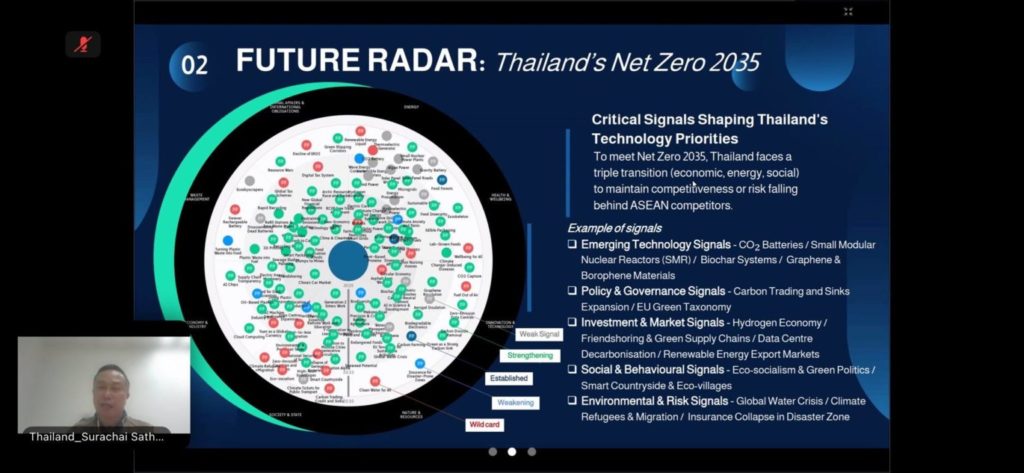
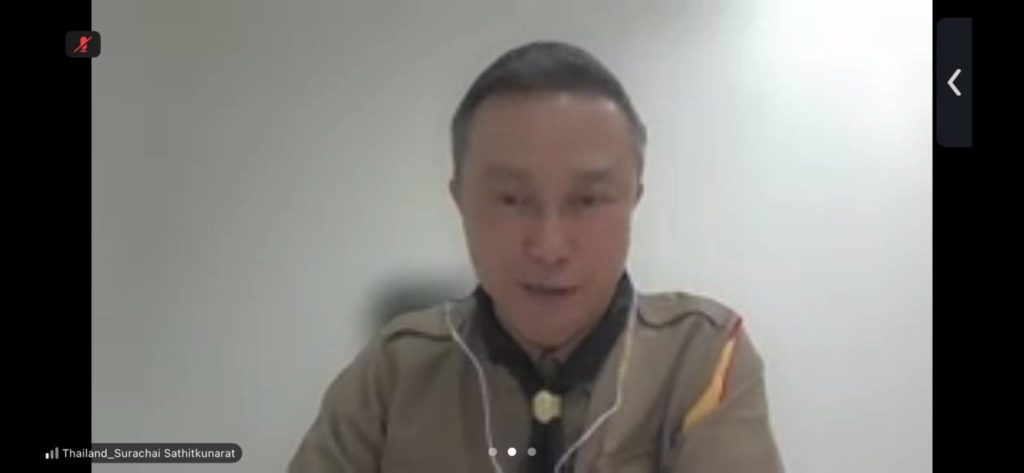
Other workshop sessions featured breakout discussions and presentations on horizon scanning practices from organizations including Business Finland (Finland), the Nuffield Council on Bioethics (United Kingdom), and the Geneva Science Diplomacy Anticipator (Switzerland). Experts discussed approaches to developing horizon scanning processes and foresight tools to strengthen national preparedness for emerging technologies and future policy challenges. These sessions also explored ways to enhance strategic intelligence capabilities to better inform policymaking on emerging technologies.
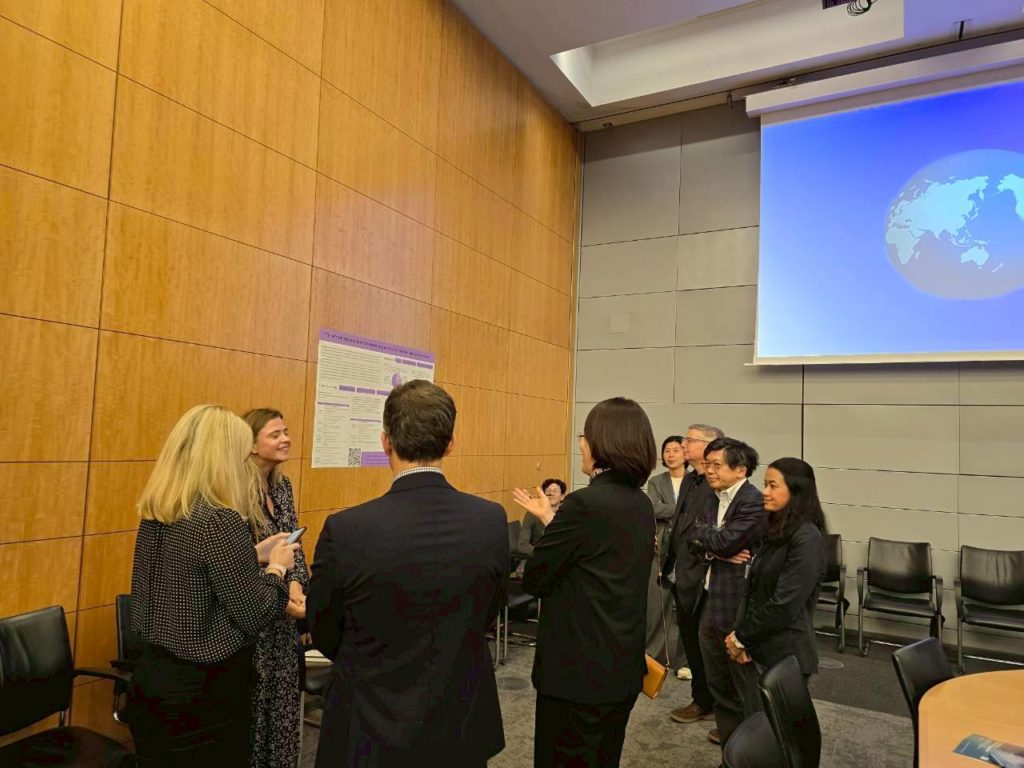
The workshop aimed to exchange approaches and best practices for applying horizon scanning in shaping emerging technology policies, while fostering foresight capacity among member countries. Through international case studies, policy dialogues, and interactive exercises, participants explored how strategic intelligence can enable effective and sustainable decision-making in science, technology, and innovation.


